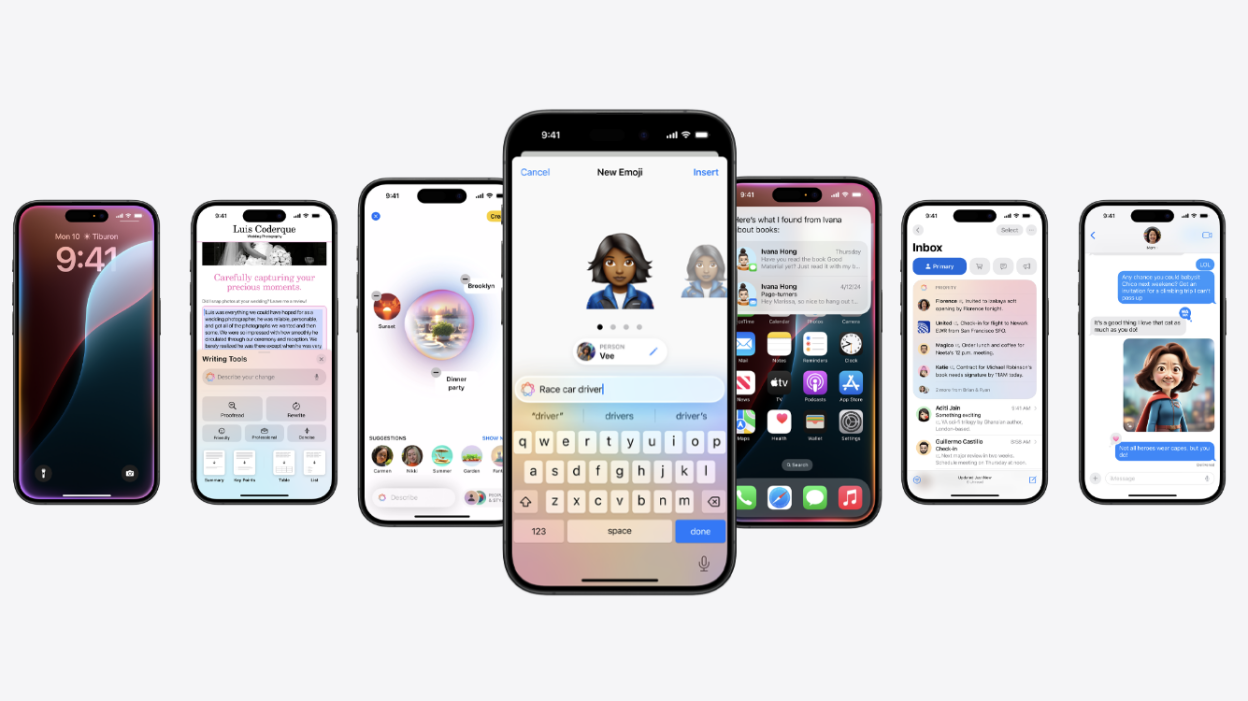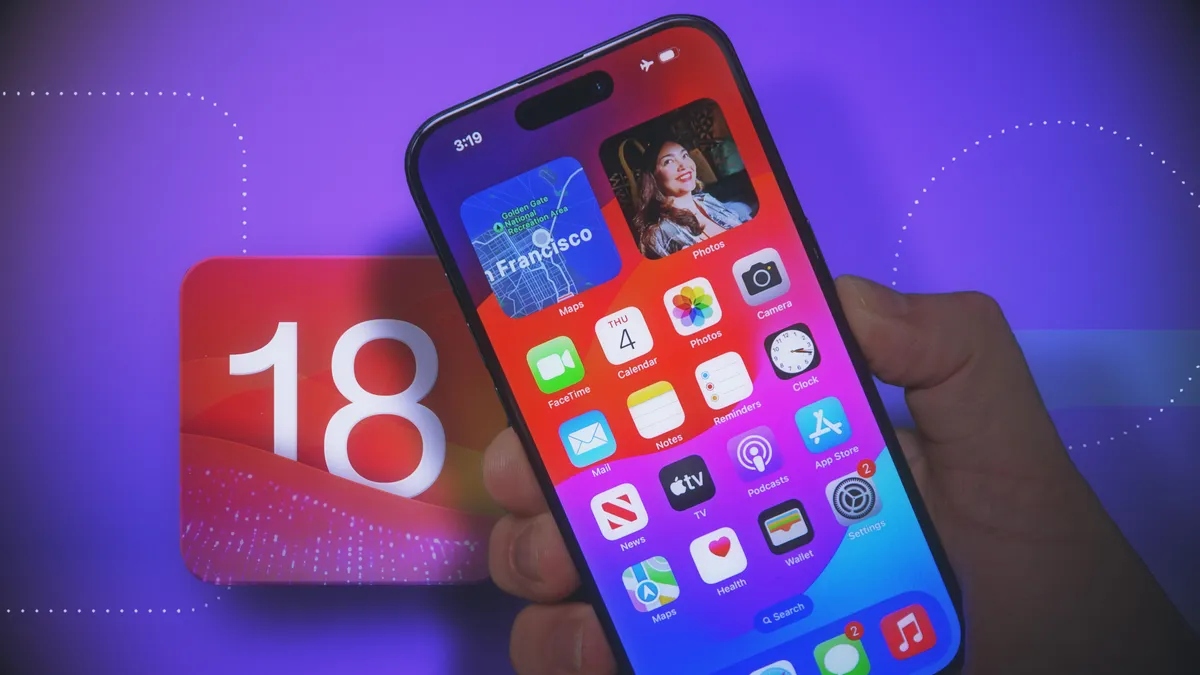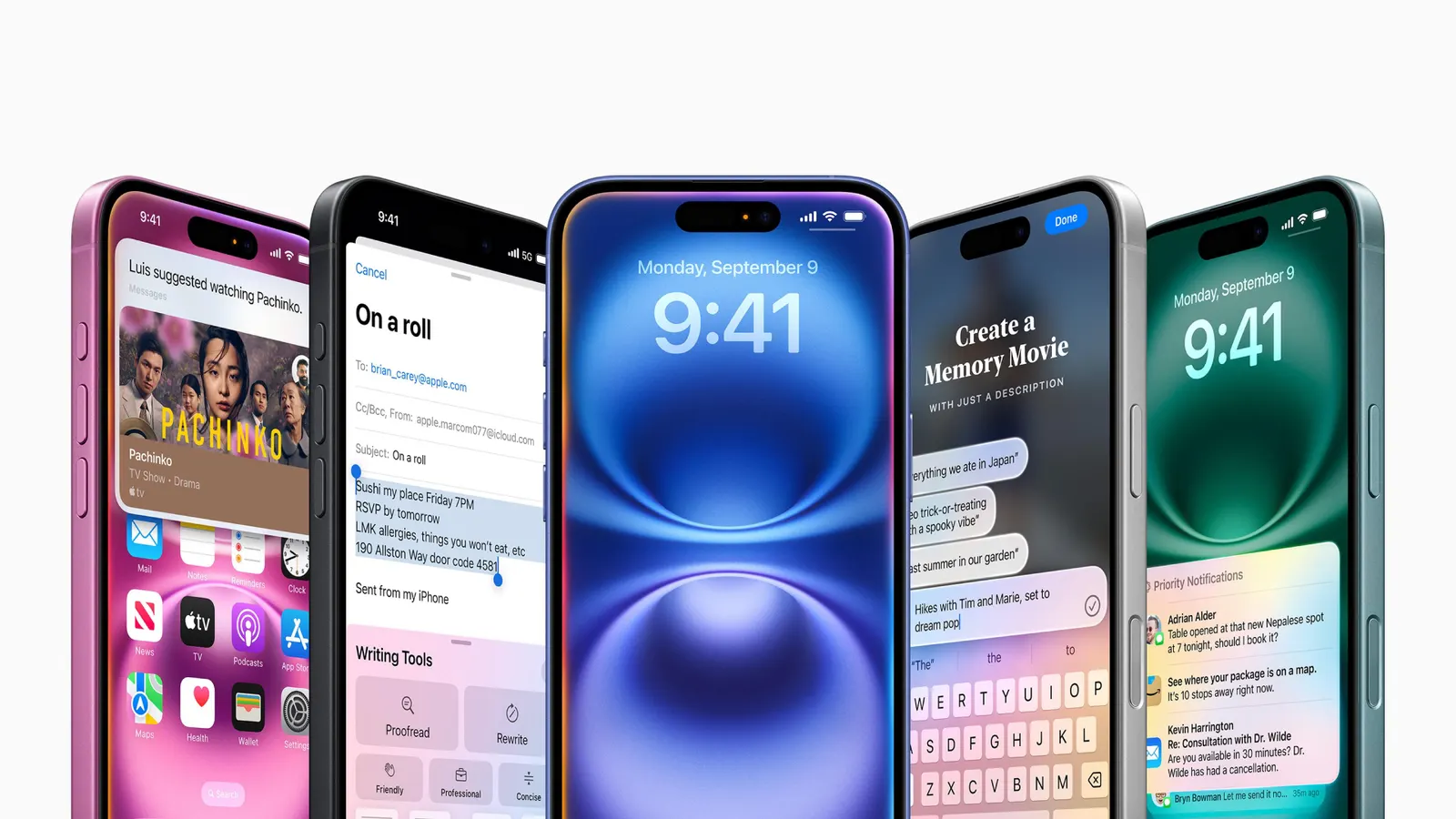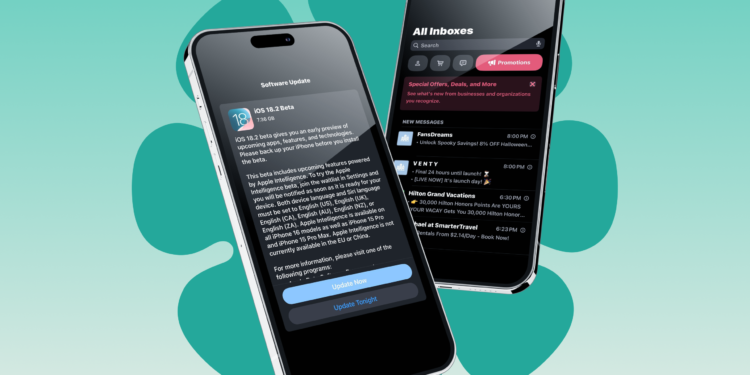The landscape of mobile communication is set to transform significantly with Apple’s forthcoming iOS 18.2 update. This change, seemingly a response to persistent competitive pressures and evolving user needs, marks a potential pivot in Apple’s strategy, impacting millions of iPhone owners worldwide.

Apple’s Strategic Shift: Opening the Gates to Meta
In a bold move, Apple has announced that with iOS 18.2, iPhone users will have the unprecedented option to select their default messaging app, stepping away from the long-standing exclusivity of iMessage. This change is not just a technical update but a significant shift in user experience and brand strategy.
The update, previewed in the latest public beta release, follows years of dominance by Apple’s native messaging solutions and signifies a major win for Meta—formerly Facebook—which has long sought to pry open Apple’s walled garden to integrate its own messaging platforms like WhatsApp and Messenger more deeply into the iPhone ecosystem.
Meta Poised to Dominate iPhone Messaging
Meta’s platforms, particularly WhatsApp, stand to gain the most from this update. “Make no mistake—this new default app offering will be all about Meta,” states Apple, underscoring the potential shift in messaging dynamics on its devices. WhatsApp, known for its robust end-to-end encryption and massive global user base, appears uniquely positioned to benefit from Apple’s new policy on default apps.

This shift comes at a crucial time. Despite the introduction of Rich Communication Services (RCS) and its adoption by key players like Samsung, the limitations of RCS—particularly its lack of encryption across different platforms—might make Meta’s offerings more appealing. WhatsApp provides a seamless, secure communication experience across different operating systems, which RCS is still struggling to achieve comprehensively.
The Implications for Users and Industry
For iPhone users, especially those in the United States who have been tied to iMessage’s “blue bubbles,” this change presents a new decision matrix regarding privacy, data security, and user experience. While iMessage is renowned for its encryption and integration across Apple devices, WhatsApp offers similar advantages with broader cross-platform capabilities.
The timing of Apple’s update aligns with other developments in the tech industry. Sinch, a global leader in mobile communication, recently announced the delivery of over 1 billion RCS business messages in 2024, highlighting the growing relevance of advanced messaging technologies in business communications. However, the persistence of marketing and scam texts on SMS and RCS platforms could tilt the balance in favor of over-the-top messaging apps like WhatsApp, which remain largely opt-in and less prone to these issues.

Looking Ahead: A New Messaging Era
As iOS 18.2 rolls out, the initial limitations of this update will likely be overshadowed by its broader implications. This isn’t merely about choosing a different app to send messages from; it’s about redefining how users interact with their devices and with each other across platforms.
Apple’s move to allow other apps to take the place of its default messaging system might be seen as an acknowledgment of the competitive pressures it faces and a nod to the increasing importance of user choice in the tech ecosystem. The balance between maintaining its famed security and opening up to popular global apps will be pivotal in Apple’s continued success and relevance in the ever-evolving smartphone market.
In conclusion, as Apple inches towards the official release of iOS 18.2, iPhone users must weigh their options carefully. The choice between the familiar security of iMessage and the broadened functionalities of other platforms like WhatsApp could redefine personal and business communications in significant ways. For now, the tech world watches closely as one of the biggest players makes a potentially game-changing move.










